
Becoming a DJ and turning it into a money-making enterprise are two different things. Yet because of the now numerous digital distribution channels, there’s more potential to go full-time as a DJ compared to a few years ago.
Here are 8 ways to make money as a DJ.
1. Perform at Gigs

The traditional DJ’s bread and butter are to perform at gigs. The next best thing to gain experience is to work the wedding circuit.
As a newer DJ, it will be tough to develop a following and generate some cash, at least to cover the purchasing cost of the gear. Therefore, cutting your teeth on smaller DJing opportunities will allow you to perform, gain experience, and confidence too. This is essential to reach the later stage of performing at larger venues and festivals, increasing your performance fees, and developing a fan following.
2. Put Mixes on YouTube

Booking a DJ for any event is risky. What if they’re no good or fail to please the crowd? If you’ve got little to show, then it can be an uphill battle to secure bookings.
One way to approach it beyond booking whatever gigs you can (see above) is to use a recording studio or home DJ equipment to produce a video recording. This can be an hour-long session where you put your DJing skills through their paces.
A link can be added in the description of the video to book a gig. Referrals to your website to purchase other mixed collections or to a donate page on PayPal may also work to generate money from an appreciative audience. Every little bit helps.
3. Make a Podcast with Sponsorship
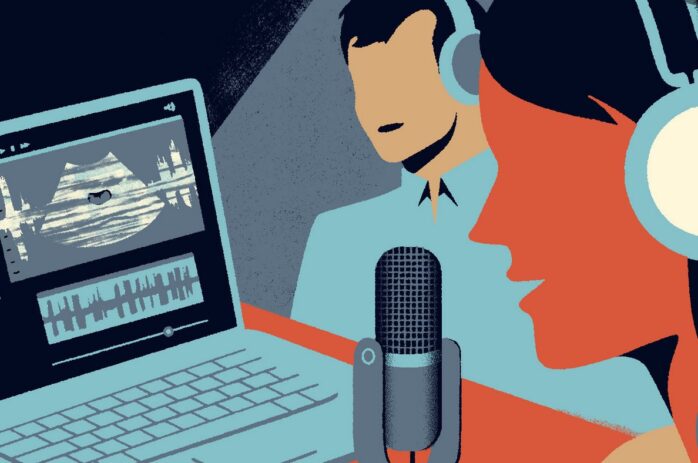
Launching a podcast is another way to get exposure. It will collect subscribers over time, especially when getting it in front of the right people. Gaining attention for it through industry connections and encouraging listeners to refer the podcast to others also boosts listenership.
When getting started, you’ll want the right DJ setup for beginners. It is difficult to know what exactly will be required. Also, if you plan to use a turntable or your laptop for digital mixing, that adds further complications.
PIRATE has this useful guide that takes readers through the various pieces of equipment needed to complete a proper DJ setup for beginners. They’re perfectly placed to know because they operate scores of professional recording studios in the US, UK, and Germany. So, whether you don’t know one end of a MIDI controller from the other, their guide will set you straight.
4. Produce Your Own Music

Some DJs only play other people’s music. They may be fine with this and never go beyond it.
Others are so musically inclined that they wish to create their music too. This can lead to a flourishing career as an artist that runs in tandem with DJing. It sets up multiple potential avenues for income. Also, with a product to sell, it can be sold many times for one initial effort to produce the record. This compares favorably to being paid for your time as a DJ when booking gigs.
Also, producing your own music lends greater credibility to your DJing career. Artists will likely be more interested in sending demos or new songs to be played in your next DJing session because you’re a fellow artist now.
5. Remix Other Tracks
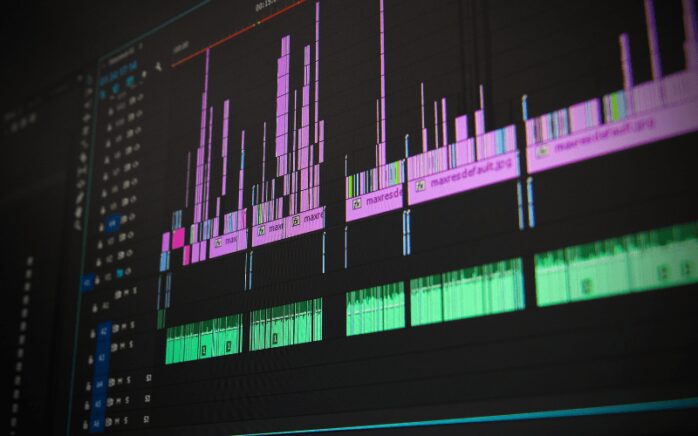
Some DJs develop into people who are well regarded for remixing existing tracks. There is always a demand for different versions of the same track, so this can be a lucrative side income.
When becoming proficient at remixing, which to some extent goes hand-in-hand with creating your music, it can gain the attention of popular artists. When successful, popular artists will seek you out to remix their tracks for a fee or a cut of the musical royalties, or both.
6. Get Into Merchandise
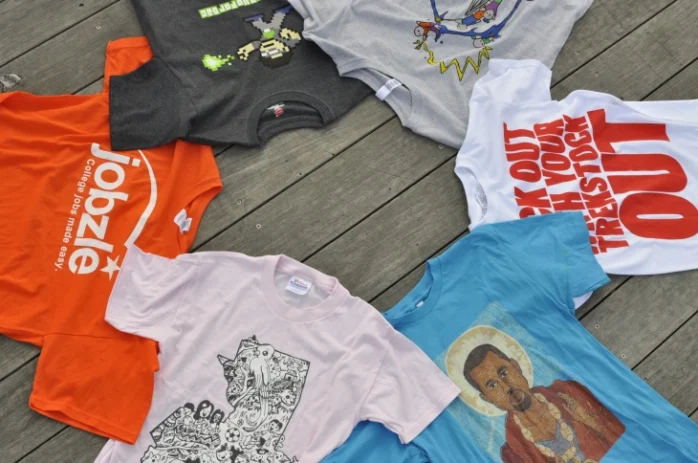
Even with a small fan base or modest list of subscribers, know that people enjoy being able to purchase t-shirts, hoodies, coffee mugs, and other items with your logo on them.
Sites like Teespring and Threadless are popular for selling different types of merchandise and incorporating your logo onto unique designs. It is also possible to create a Shopify e-commerce store where your merch can be sold too.
Don’t make the mistake of believing that your following is too small presently to get any merch sales. You would be surprised what people will buy if it’s good quality and comes with an attractive design.
7. Create a DJ Course
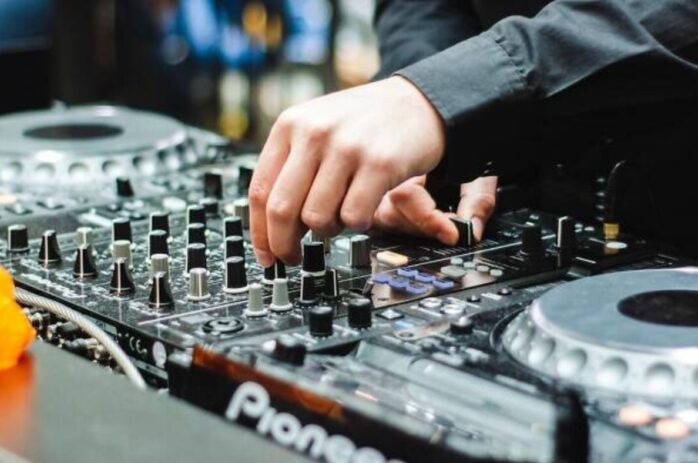
People wish to learn how to DJ. This opens up the opportunity to create a digital course to show beginners how to DJ for the first time using professional equipment.
Avoid making the mistake of thinking that you’re not experienced enough to be a DJ teacher. The reality is that you don’t need to be a famous DJ to do so; the basics are the same. Also, you only need to know more than the person wanting to learn this new skill, so being an expert is not required.
There are plenty of digital platforms that can host your course for you. They each have pros and cons, different sets of dos and don’ts, and costs involved. For anyone who’s worried about the technical side, using a platform where there’s a catalog of online courses is encouraging. It means they’re motivated to make it easier for new course creators.
8. Review DJ Gear
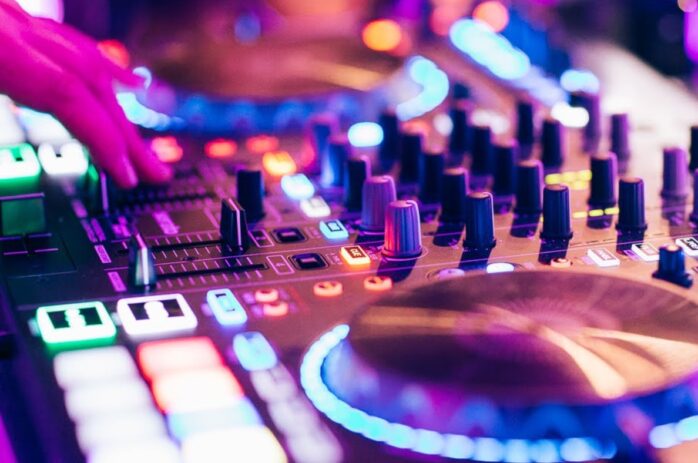
There is also money to be made reviewing products and receiving affiliate commissions when customers purchase products through your link.
Reviews can be produced for a DJ blog or a vlog too. Owning the equipment – some manufacturers will send it for free to be reviewed – makes any review far more authentic. When you’re a working DJ, it further boosts your authenticity too.
In addition to potential affiliate commissions, the blog or videos can feature paid advertising to generate additional revenue even if the product sales are difficult to generate.
For DJs, it’s necessary to take an active, multi-platform approach to generate revenue. Building up a following across various platforms and seeking opportunities to generate money through appearance fees, commissions, product sales, and social promotion can accumulate nicely. It won’t happen overnight, but there’s a positive snowball effect on growth when keeping at it and not giving up.











